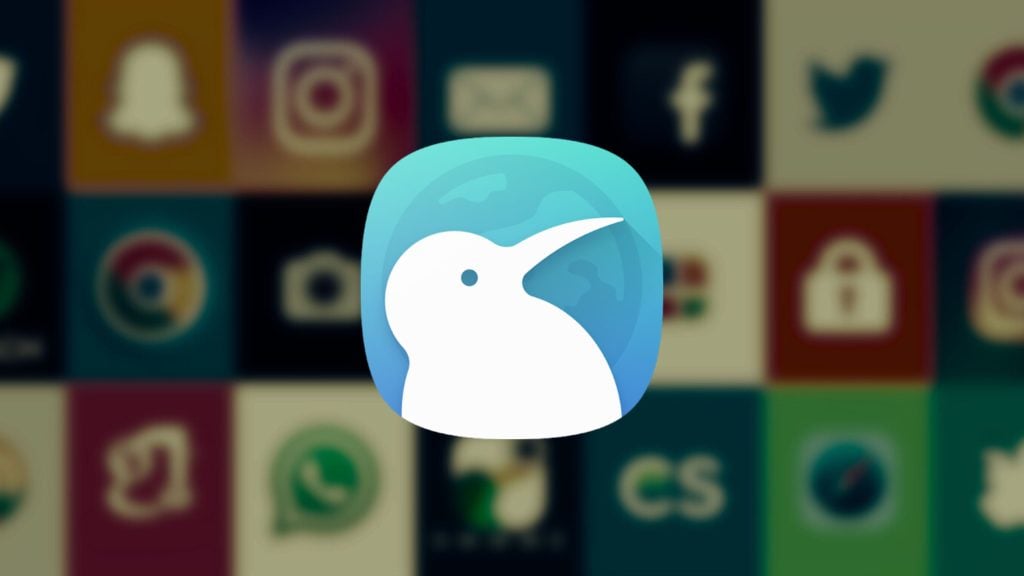
Kiwi Browser Shuts Down, Extension Support Lives on in Edge Canary
Kiwi Browser is shutting down, leaving mobile users with fewer choices. Its extension support lives on in Microsoft Edge Canary.

Kiwi Browser is shutting down, leaving mobile users with fewer choices. Its extension support lives on in Microsoft Edge Canary.
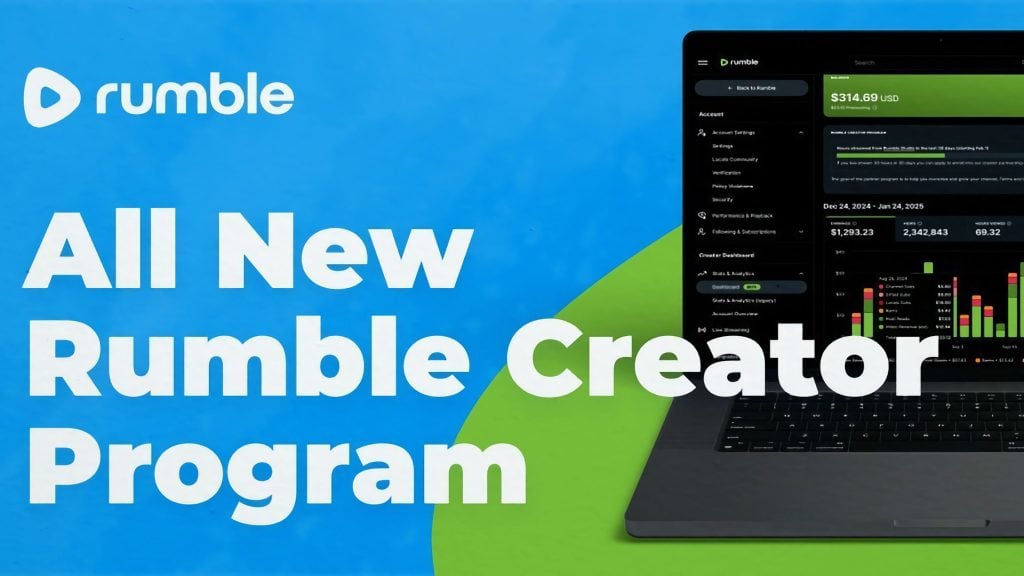
Rumble’s new payout model rewards creators based on watch time, new signups, and premium subscriptions, redefining how online content is monetized.
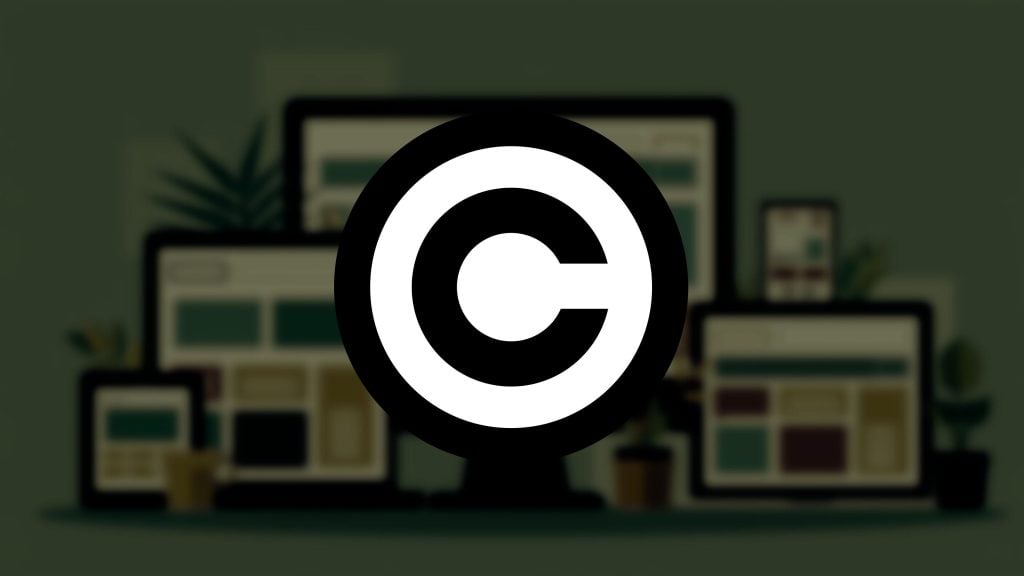
The bill could lead to widespread site blocking, despite claims of safeguarding the open internet.
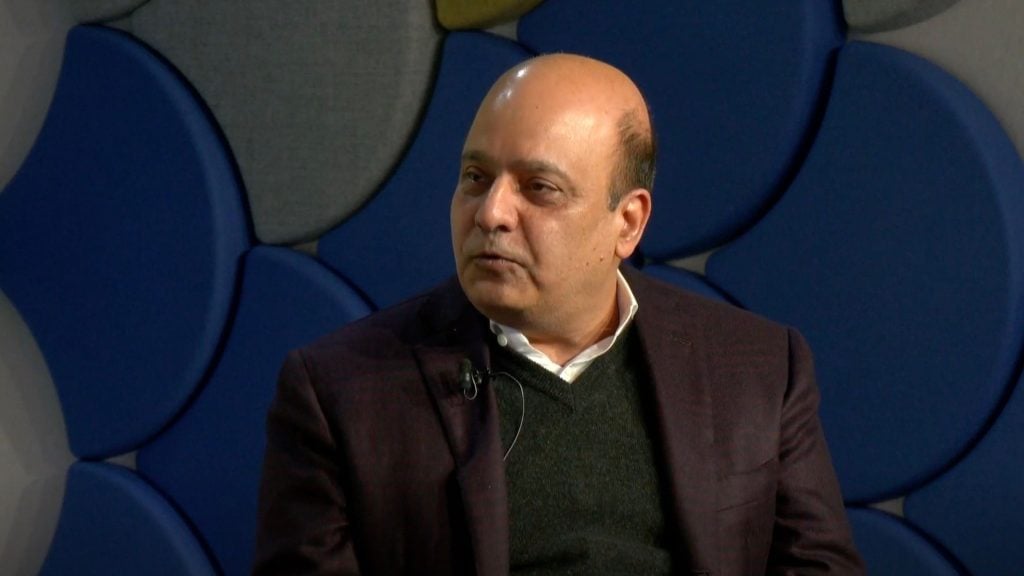
“…you won’t need a digital identity” because “you have the facial recognition and other things built into your smart cities.”
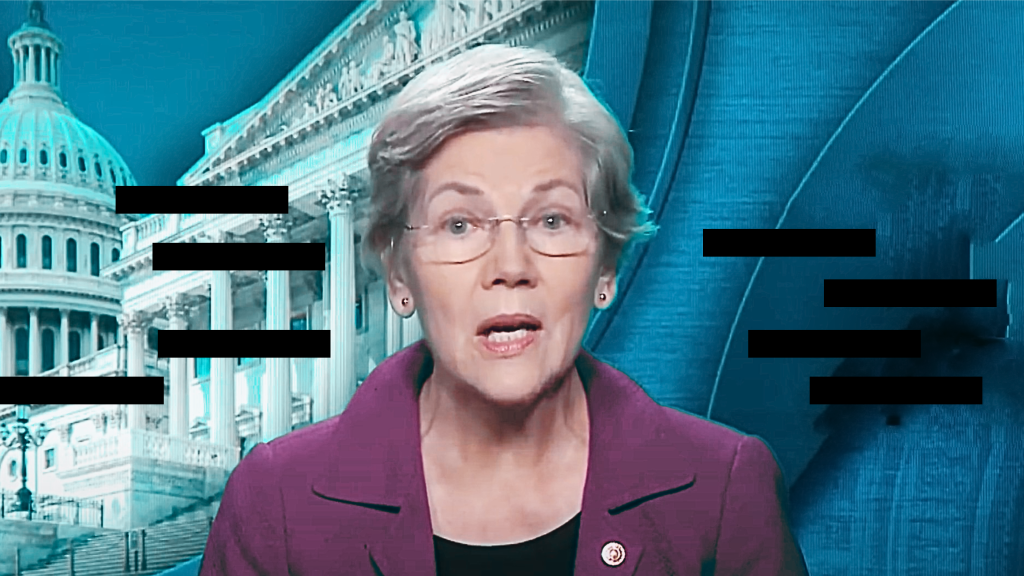
“funny, they never sent me one of these for contributing to democrats…” Open AI CEO Sam Altman responded.
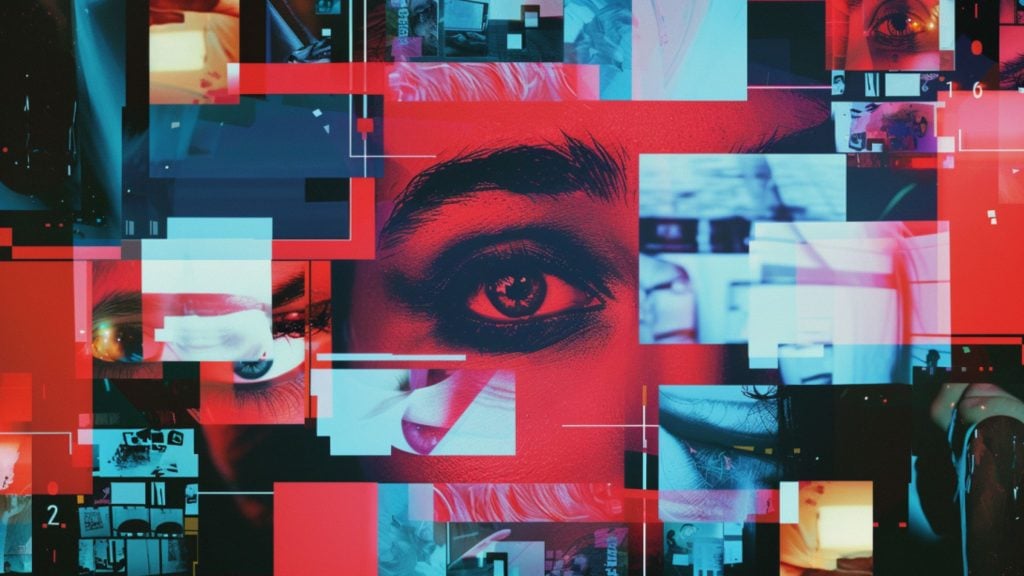
YouTube and CAA join forces to combat AI deepfakes, allowing industry members to remove content.
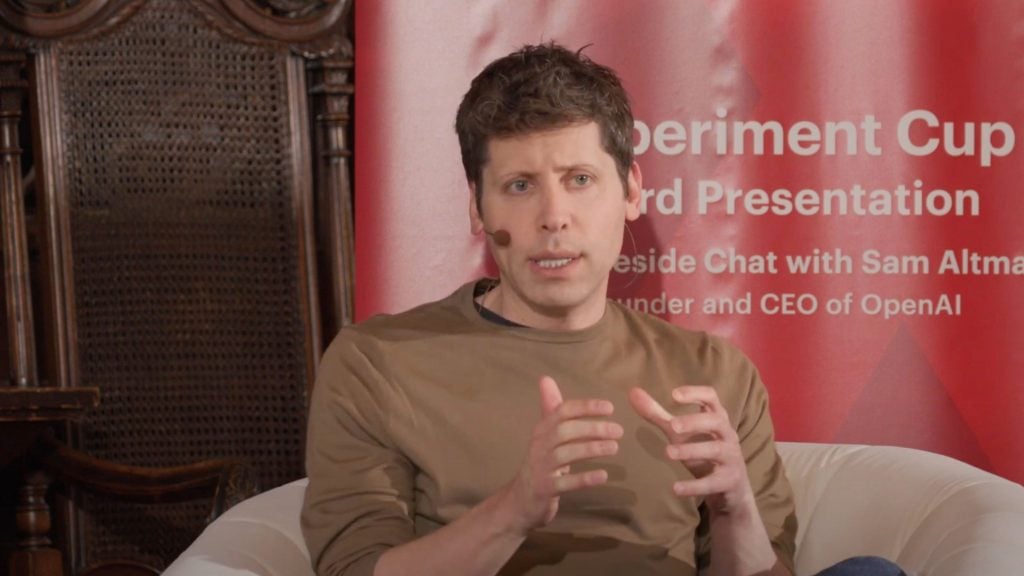
Collecting sensitive biometric data, like iris scans, to create a global digital ID system.
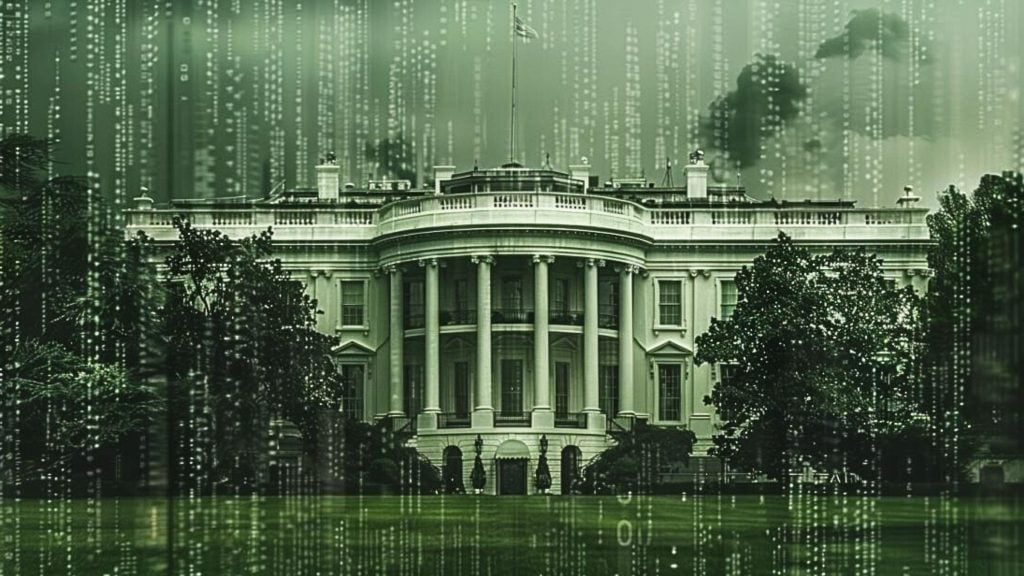
A White House meeting raises questions about whether new AI safety protocols will serve as a tool for political control.

Tech giants propose “personhood credentials” to combat AI deception, while eroding anonymity.
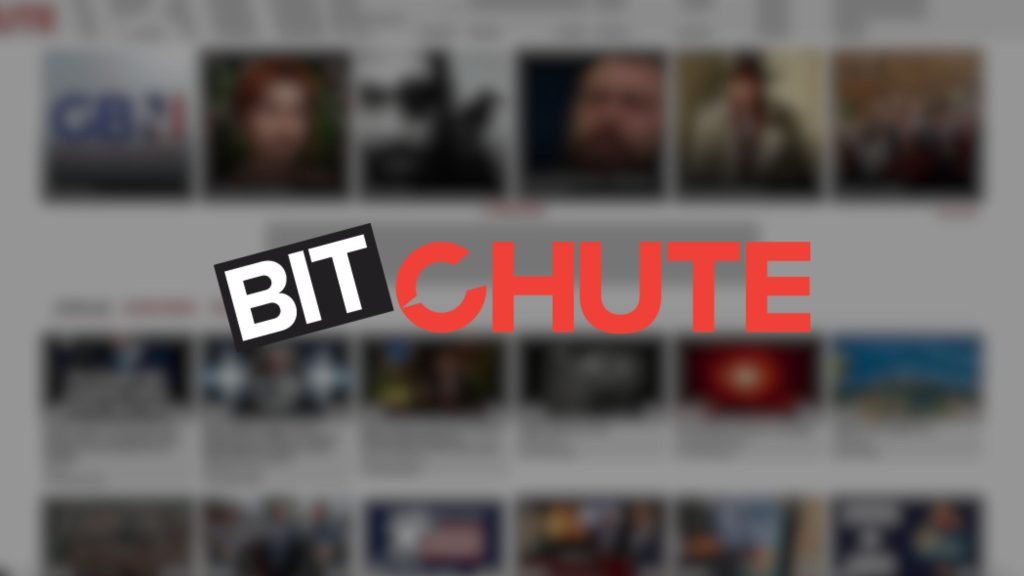
BitChute’s $10,000 no-shadow-banning guarantee challenges the norms of digital censorship, offering a bold financial incentive for proving them wrong.
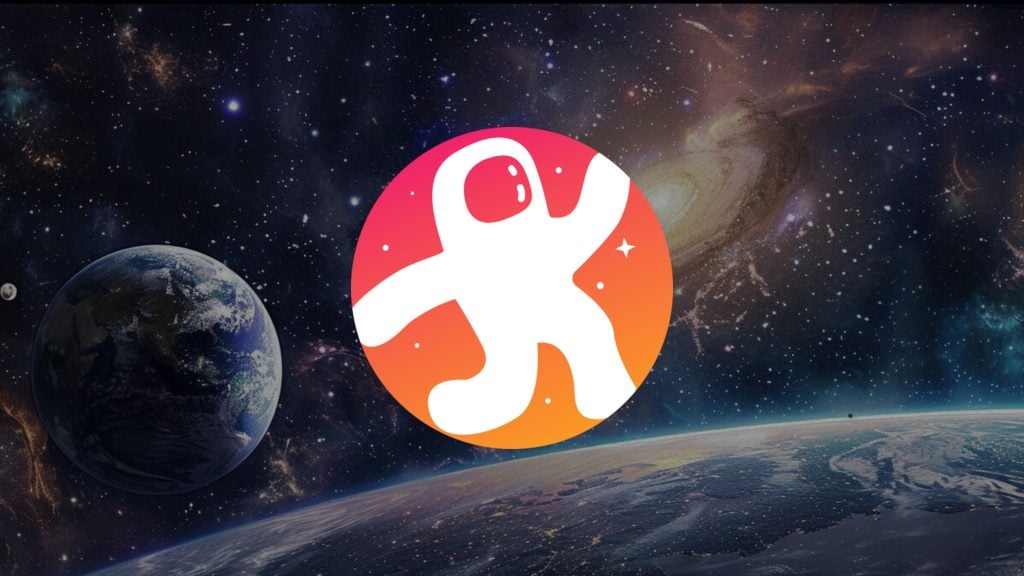
Confident in innovative monetization, Odysee claims it doesn’t need ads to sustain itself.
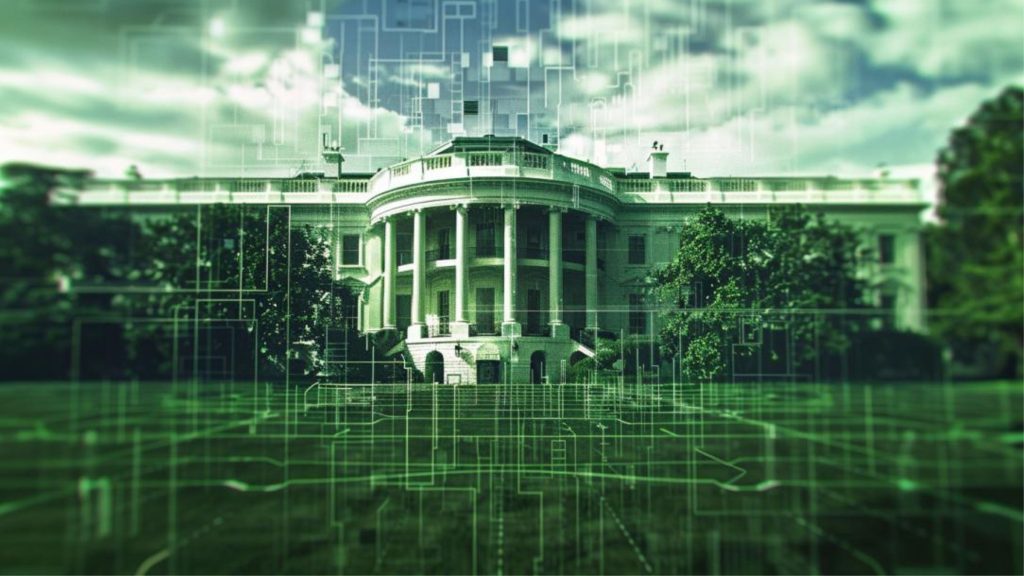
Government overreach and Big Tech collusion in AI regulation.


Worldcoin eyes partnerships with OpenAI and PayPal amid regulatory challenges and privacy concerns, signaling a potential expansion in digital ID networks.
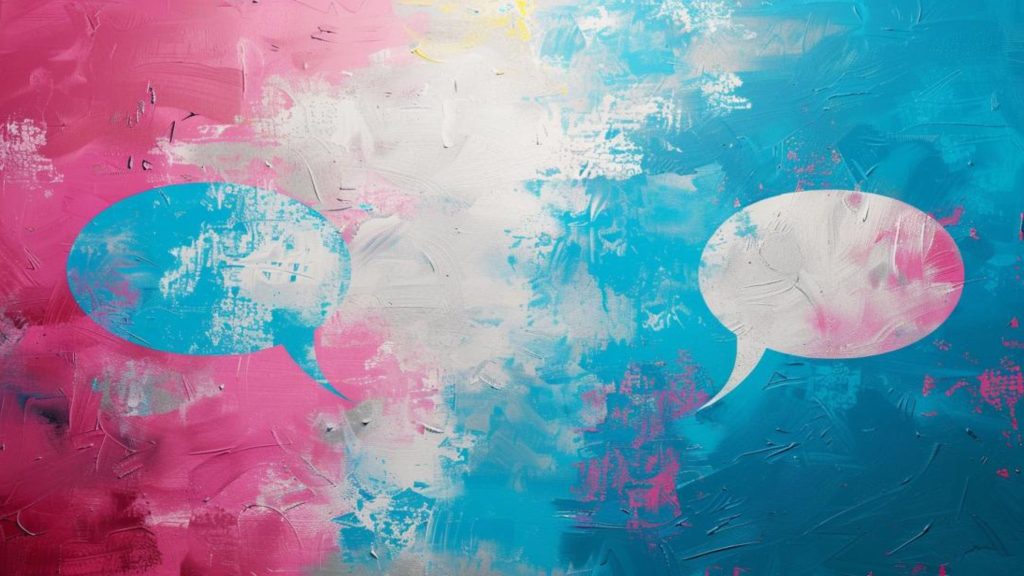
The journalist faced disciplinary action for non-compliance.
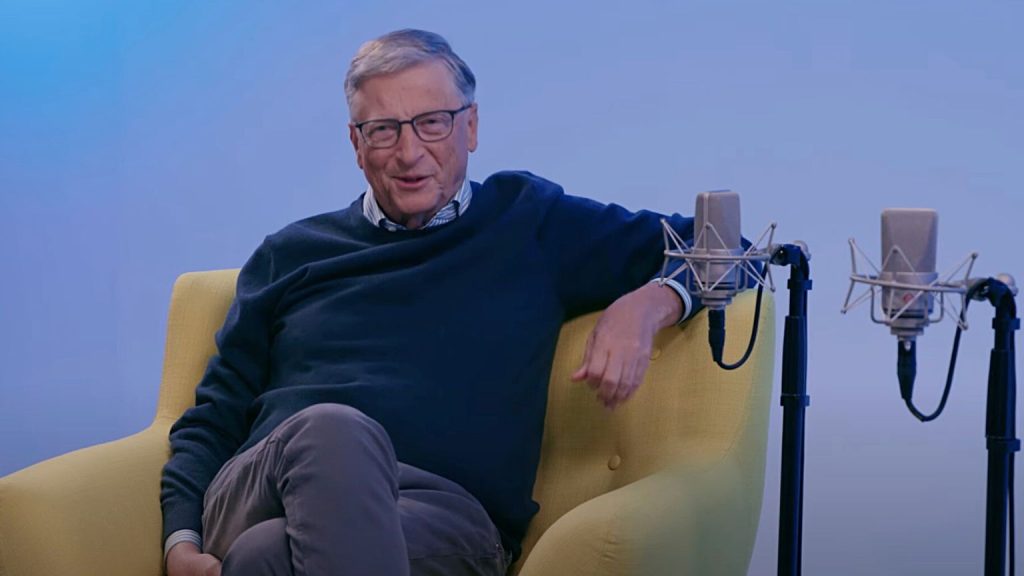
Bill Gates and OpenAI’s Sam Altman lament the lack of government action on social media “polarization.”

A challenge to Big Tech.
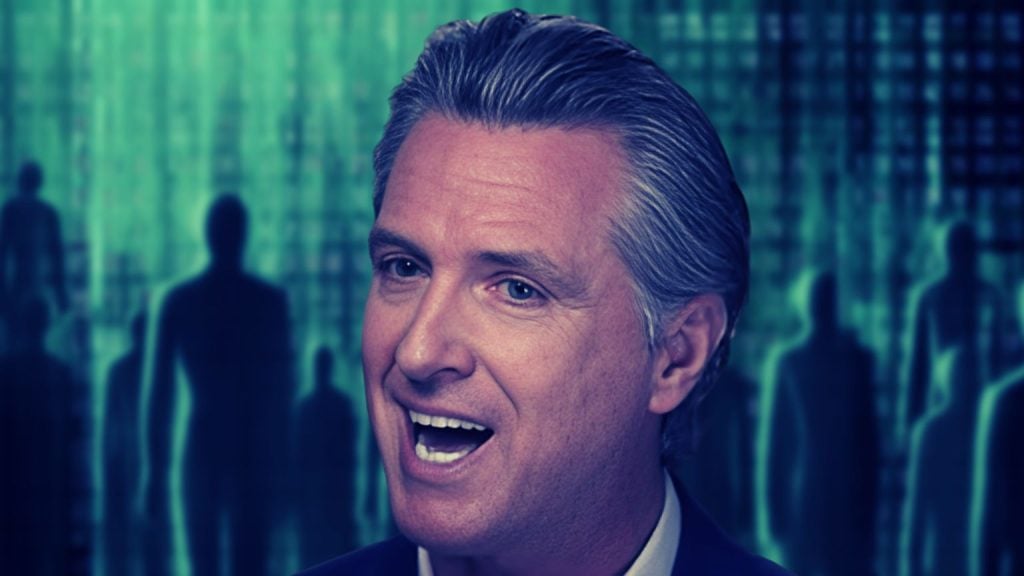
More privacy and civil liberties concerns hit California.
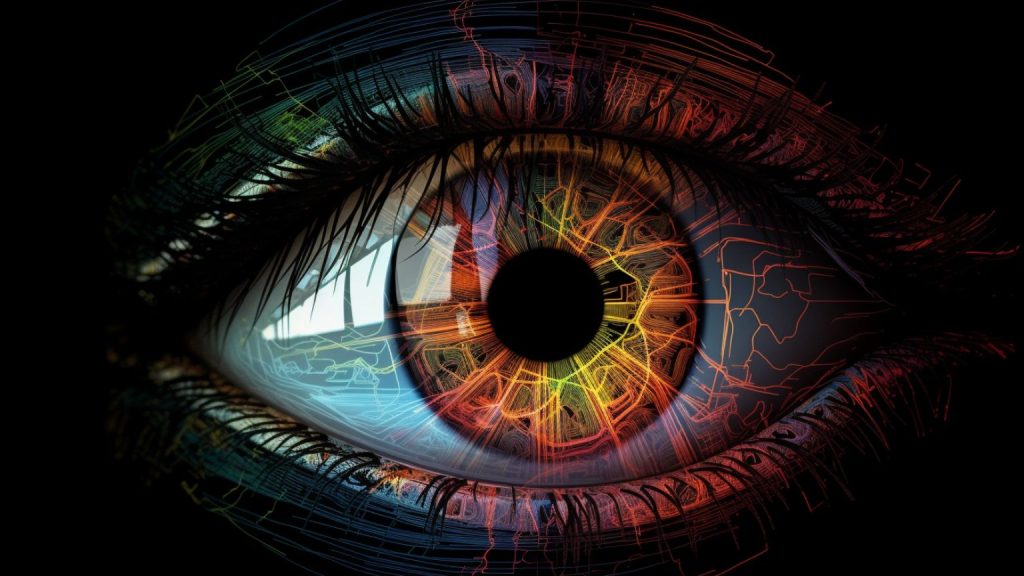
Allowing state actors to use the dystopian technology.
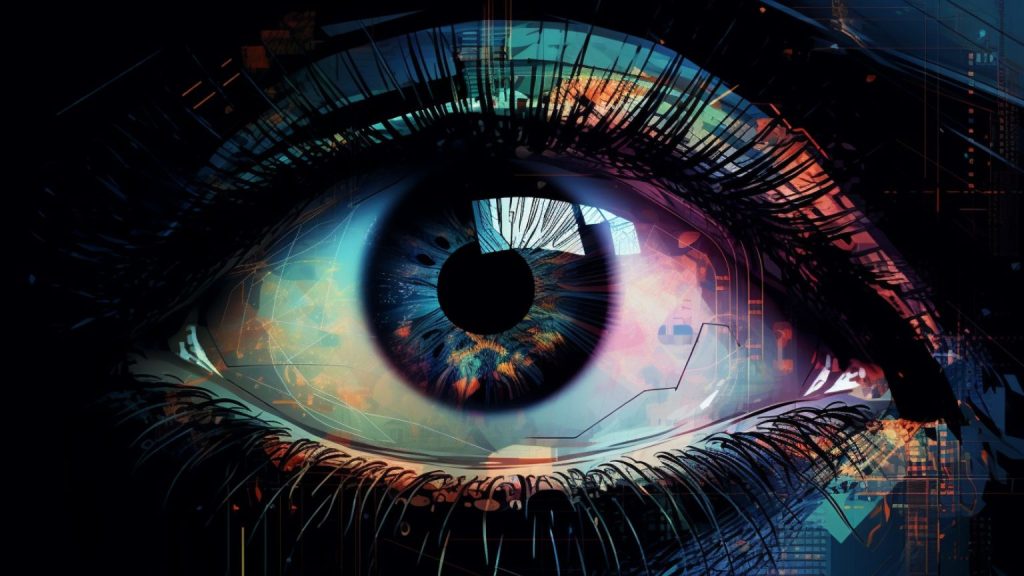
The dystopian technology is rolling out globally but is facing regulatory scrutiny in the US.
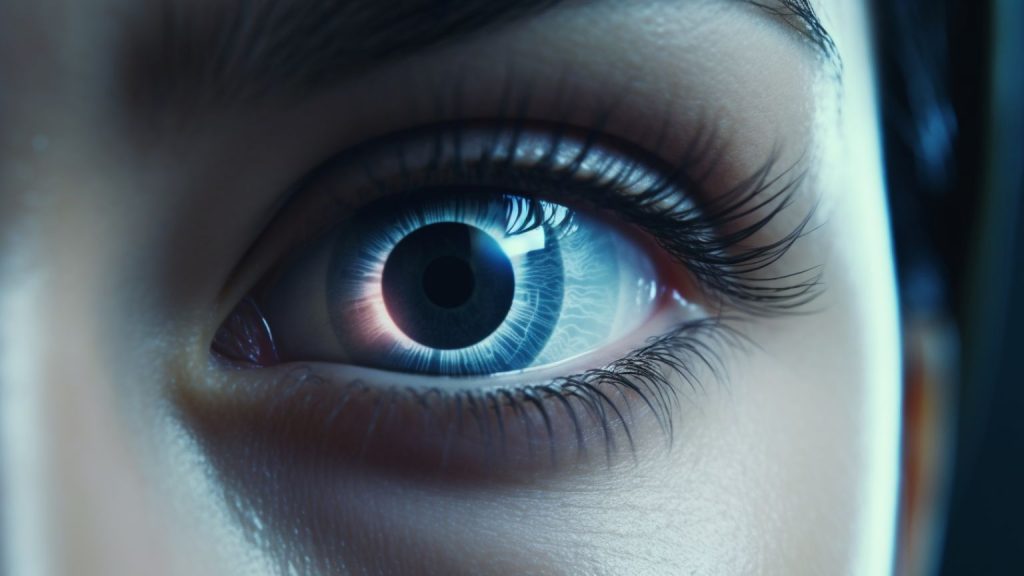
World ID involves iris scanning.
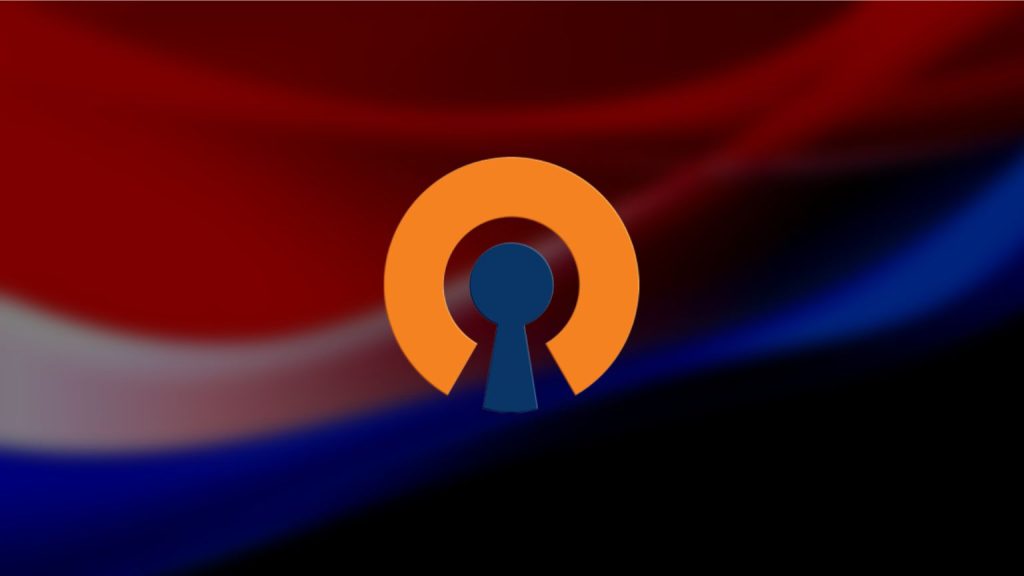
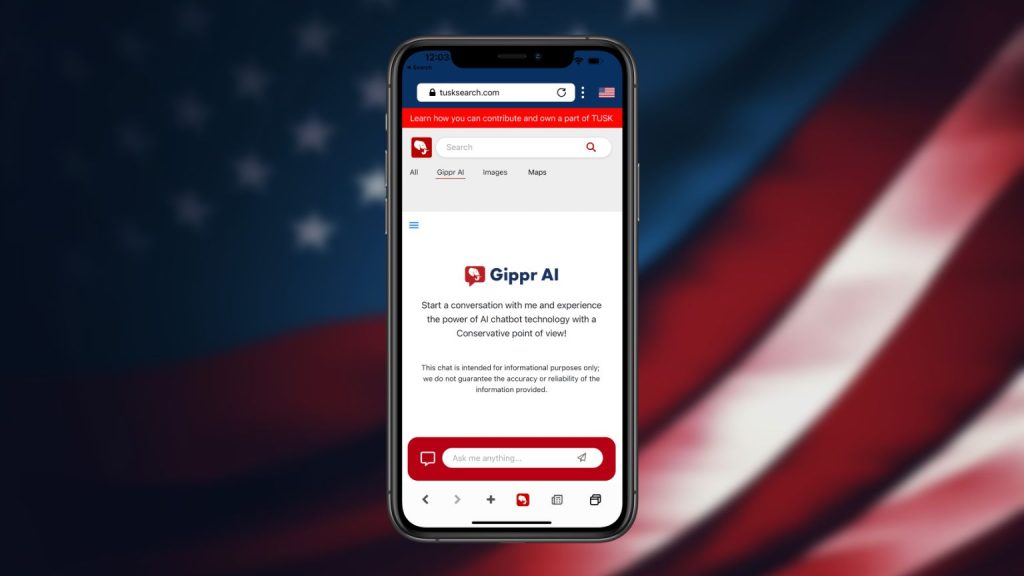
The Tusk App accuses Open AI of censorship.
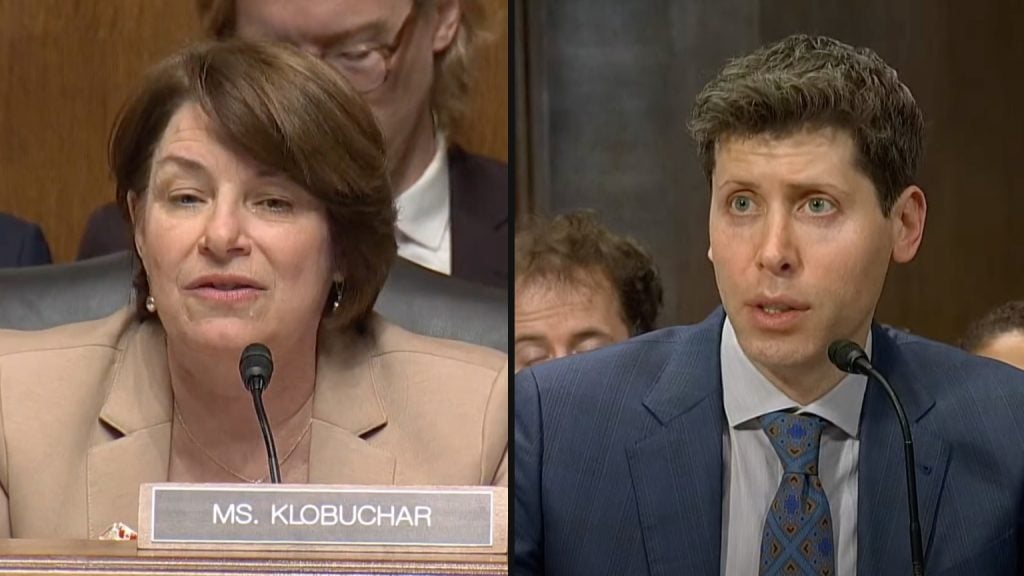
Who gets to decide what’s misinformation?

Kiwi Browser is shutting down, leaving mobile users with fewer choices. Its extension support lives on in Microsoft Edge Canary.

Rumble’s new payout model rewards creators based on watch time, new signups, and premium subscriptions, redefining how online content is monetized.

The bill could lead to widespread site blocking, despite claims of safeguarding the open internet.

“…you won’t need a digital identity” because “you have the facial recognition and other things built into your smart cities.”

“funny, they never sent me one of these for contributing to democrats…” Open AI CEO Sam Altman responded.

YouTube and CAA join forces to combat AI deepfakes, allowing industry members to remove content.

Collecting sensitive biometric data, like iris scans, to create a global digital ID system.

A White House meeting raises questions about whether new AI safety protocols will serve as a tool for political control.

Tech giants propose “personhood credentials” to combat AI deception, while eroding anonymity.

BitChute’s $10,000 no-shadow-banning guarantee challenges the norms of digital censorship, offering a bold financial incentive for proving them wrong.

Confident in innovative monetization, Odysee claims it doesn’t need ads to sustain itself.

Government overreach and Big Tech collusion in AI regulation.


Worldcoin eyes partnerships with OpenAI and PayPal amid regulatory challenges and privacy concerns, signaling a potential expansion in digital ID networks.

The journalist faced disciplinary action for non-compliance.

Bill Gates and OpenAI’s Sam Altman lament the lack of government action on social media “polarization.”

A challenge to Big Tech.

More privacy and civil liberties concerns hit California.

Allowing state actors to use the dystopian technology.

The dystopian technology is rolling out globally but is facing regulatory scrutiny in the US.

World ID involves iris scanning.


The Tusk App accuses Open AI of censorship.

Who gets to decide what’s misinformation?















































